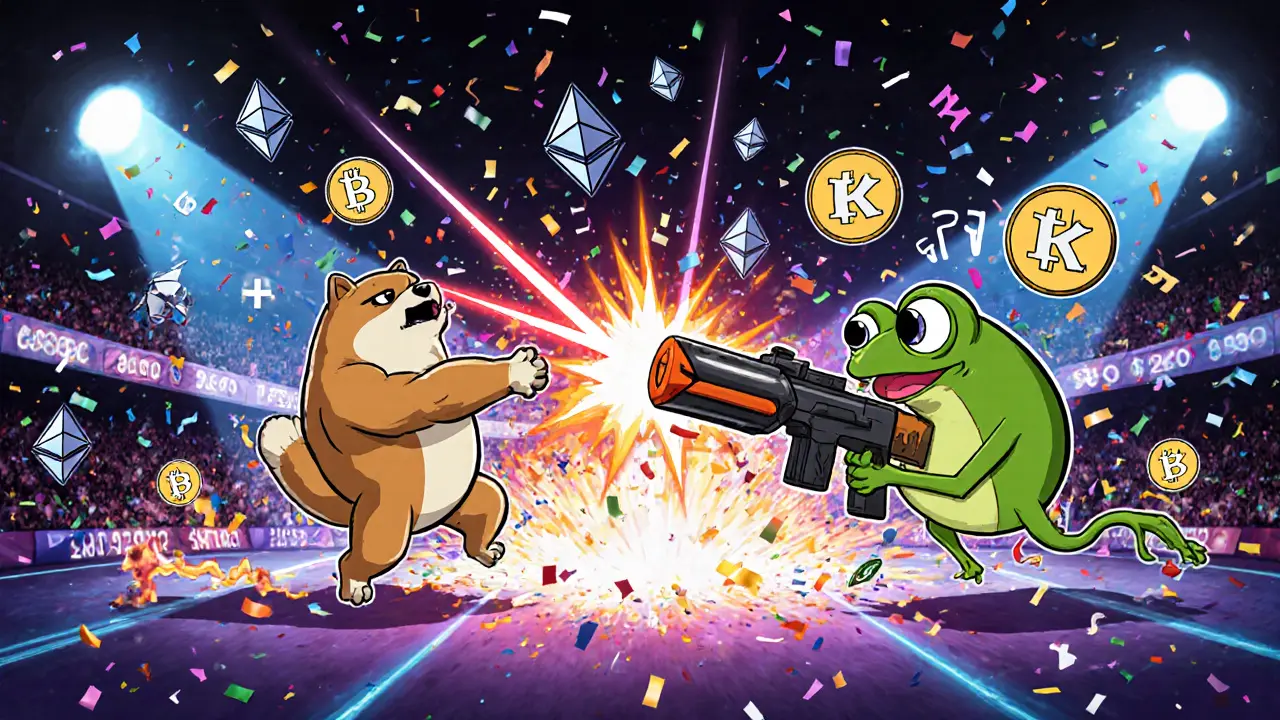Blockchain Gaming: What It Is, How It Works, and Where to Find Real Rewards
When you hear blockchain gaming, a type of video game that uses blockchain technology to give players true ownership of in-game assets. Also known as crypto gaming, it turns your time spent playing into something tangible—like tokens, NFTs, or tradable items you can actually cash out. This isn’t just about flashy graphics or hype. It’s about shifting power from game companies to players. If you’ve ever spent hours grinding for a rare sword, only to lose it when the server shut down, blockchain gaming offers a different promise: what you earn is yours, forever.
At its core, NFT gaming, games that use non-fungible tokens to represent unique in-game items like characters, weapons, or land is what makes this possible. These aren’t just digital skins—they’re verifiable, ownable assets stored on a public ledger. Then there’s play-to-earn, a model where players earn cryptocurrency or tokens simply by playing, completing quests, or winning matches. It’s not magic. It’s coded incentives. Some games reward you with tokens you can trade, stake, or use to buy more gear. Others give you NFTs that appreciate if the game grows. And yes, some of them are scams—but not all.
What separates real blockchain games from the noise? It’s the connection between the token economy and actual gameplay. If a game’s token has no use inside the game, or if you can’t trade it on any exchange, it’s probably just a marketing trick. Look for games where the token powers upgrades, governs decisions, or unlocks content. That’s where value sticks. And that’s why you’ll find posts here about crypto gaming airdrop campaigns that actually give you access—not just free tokens with no purpose. Some offer NFT passes to early game launches. Others reward you for testing beta features or joining their community. These aren’t lottery tickets. They’re entry points.
You won’t find a single blockchain game that works the same way. Some are built on Ethereum. Others use BNB Chain or Klaytn. Some are simple mobile games. Others are full-scale MMORPGs with guilds and economies. But they all share one thing: they’re trying to fix the old model where players work for corporations, not themselves. The posts below show you what’s real, what’s dead, and what’s still worth your time. From airdrops that give you actual game access to tokens that lost 99% of their value, you’ll see the full picture—no fluff, no hype, just what’s happening now.
